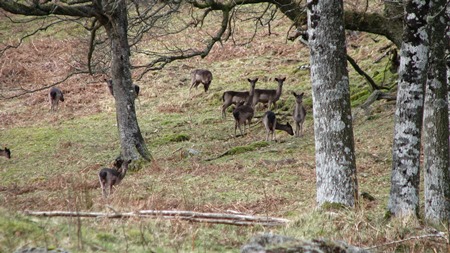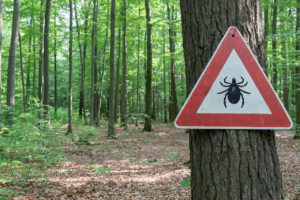ICF Seeks Clarification Over the Draft Wildlife Law Bill
ICF is seeking clarification on the draft Wildlife Law Bill to ensure that an appropriate balance is achieved between woodland management and species protection.
On 10 November 2015 the Law Commission published their final report and draft Wildlife Law Bill, which aims to reform, modernise and simplify the law regulating wildlife, creating a flexible legal framework for the future. The current law regulating wildlife is spread over a collection of Acts dating back to 1831. The original purpose of much of the law was to govern activities such as hunting and fishing, including poaching. Over the years it has expanded to conserve species, ensure the welfare of wildlife and protect local biodiversity. Much of the older legislation is out of step with modern requirements, and there is duplication between the principal modern Act – the Wildlife and Countryside Act 1981 – and Regulations made with a view to implementing EU law obligations. The result is a legal landscape that is out of date, confused and sometimes contradictory.

Image (c) R Briers
Central to the Law Commission’s recommendations is that the patchwork of existing legislation should be replaced by a single statute. The new statute brings together the law governing the protection, control and management of wildlife to make it more consistent, easier to understand and simpler to use. The Institute first provided its input during the formal consultation phase in 2012. While we are pleased that many of our key concerns were addressed, we remain unclear how the proposals will work at a practical level for forestry operations.
Of principle concern (and highlighted in recent letter to the Law Commission from the Institute) is that that tree felling and thinning is of necessity a year round activity. The Law Commission recognises that the industry has a wide range of systems in place to safeguard protected species from nesting raptors to badger setts. However, the problem is that some wildlife, especially nesting birds, are impractical to locate and protect. Up until now the ‘unintentional consequences of a legal operation’ has provided a defence. ICF has thus sought additional clarification whether what is being proposed is a threshold to the ‘deliberate’ definition the Law Commission has opted for.
The Institute considers there to be a need for a balance between woodland management and the species protection. ICF is concerned that further legislation that results in a reduction in management could breach the requirements of the EU Habitat Directive.
The Institute looks forward receiving clarification on these points from the Law Commission. As the draft Bill is now due to go through the legislative process, ICF will make additional representations at parliamentary level.
Should you wish to read the final report then please visit; www.lawcom.gov.uk/project/wildlife-law






